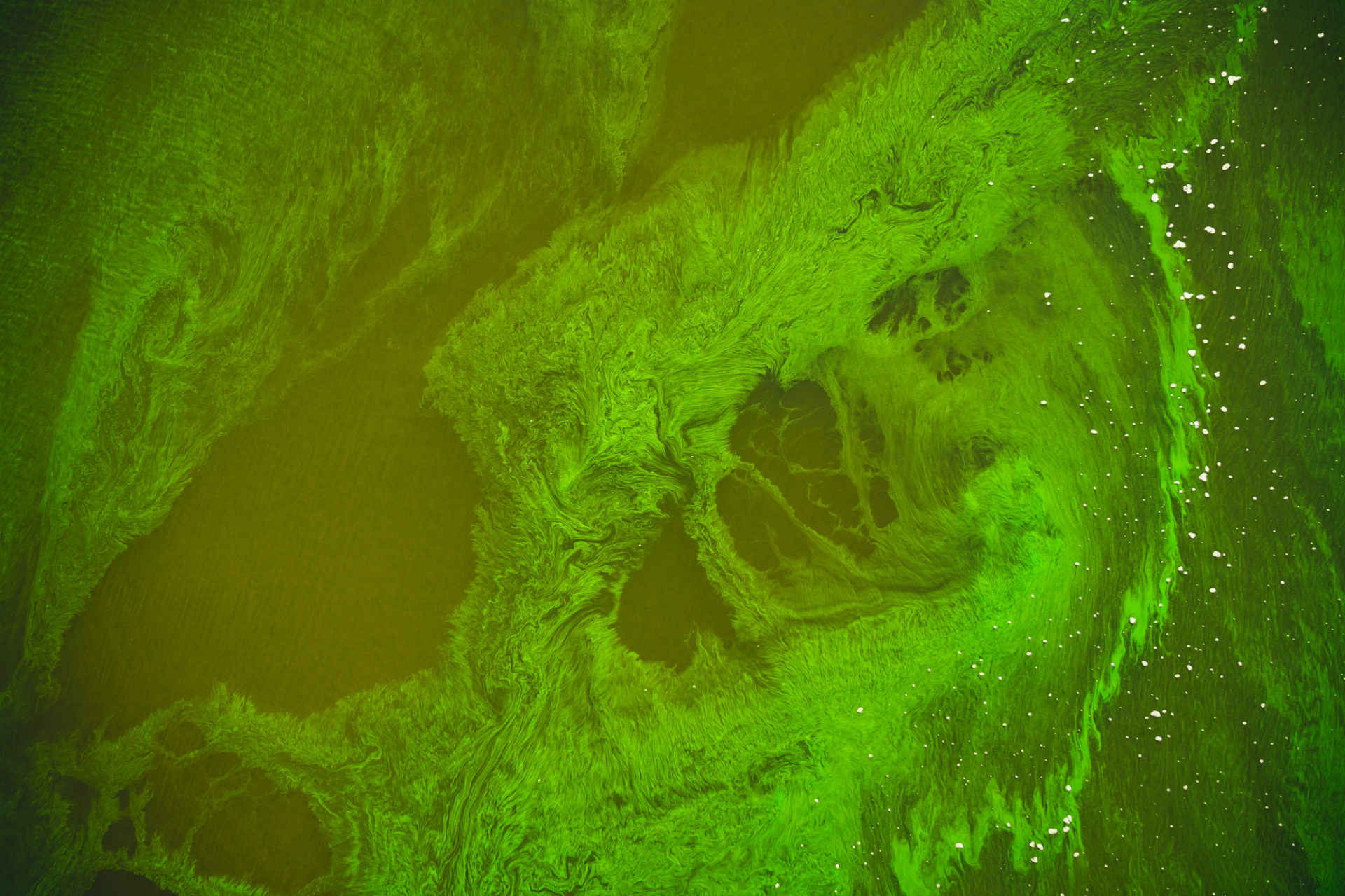Słupsk – Baltic Sea Pioneers for better nutrient monitoring and reporting, Workshop 2 – Focusing on Solutions
The total environmental pressure on the Baltic Sea marine ecosystem is dominated by land-based sources of pollution. These sources, located in the Baltic Sea catchment area, are responsible for more than 90% of the input of nutrients into the sea. Most of the hazardous substances transported to the sea via rivers or precipitating from air, are land-based in origin. While some types of marine litter originate from human activities at sea, e.g. lost fishing gear, the clear majority of the items littering the marine environment have been dumped on land and are transported to the sea via different pathways.
This workshop is the next phase of a project led by SIWI Swedish Water House (SWH), in partnership with Race for the Baltic (RFTB), called “Baltic Sea City Accelerators – Pioneers for better Pollution Monitoring and Reporting”. The project aligns with RFTB’s “Baltic Sea City Accelerator” programme (BSCA) – an open, knowledge-sharing platform, working with municipalities and partnering with stakeholders from various areas, e.g. science, business, NGOs, and solution providers to clean up the Baltic Sea.
The project was initiated as a result of the work SIWI and RFTB do together with municipalities on their local Baltic Sea Action Plans (BSAPs). We saw both a need and an opportunity for further investigation with respect to the municipalities’ monitoring and reporting of nutrient data to regional and national authorities as well as HELCOM. We also see the potential for municipalities to capture additional benefits from this work.
There will be two additional workshops. The first will takes place in Panevėžys, Lithuania, on 16 November, the second here in Słupsk, Poland, 28 November the third in Stockholm, 7 December. Please find the agendas for these two workshops under each event.
Registration per invitation only.
Venue: Słupsk

